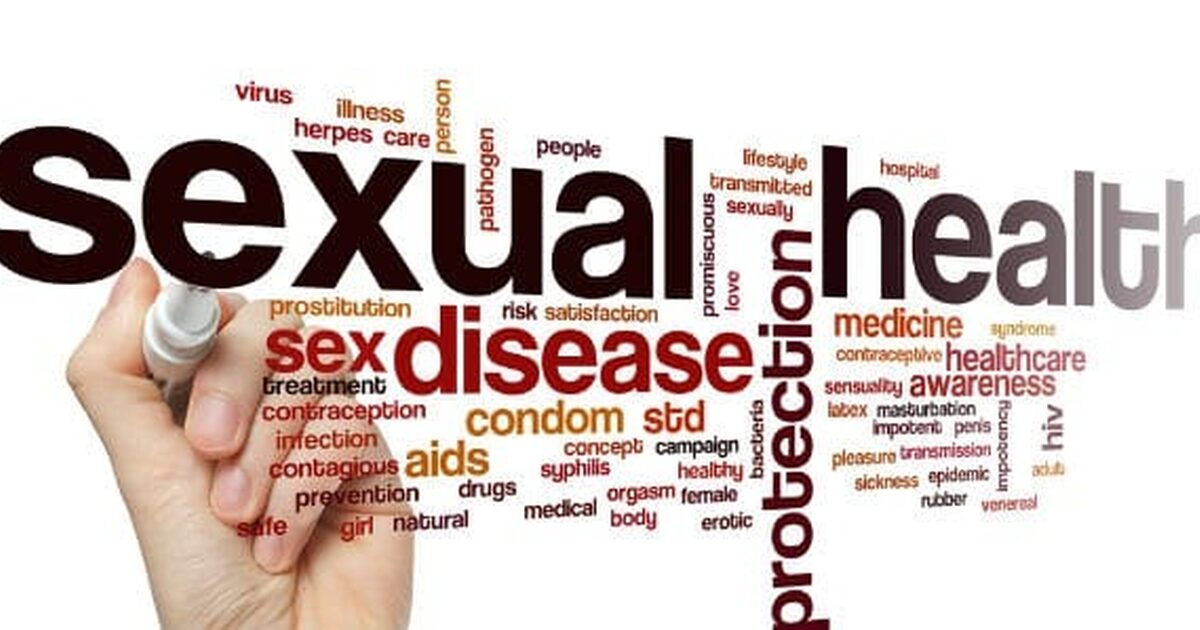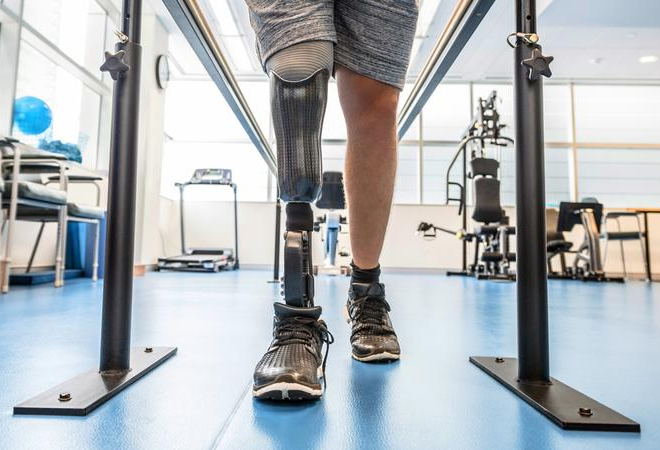
Why Sexual Health Education is Essential for Healthy Relationships
Healthy relationships are built on understanding, trust, and respect. One key component that is often overlooked in developing these qualities is sexual health education. Knowing about sexual health helps individuals make informed decisions, communicate effectively with their partners, and build stronger, healthier relationships. This article explores why sexual health education is essential and how it benefits individuals and relationships.
Understanding Sexual Health Education
Sexual health education is more than just learning about anatomy or contraception. It provides comprehensive knowledge about sexual behavior, consent, communication, and emotional well-being. By offering accurate information, sexual health education equips people to navigate relationships safely and responsibly. When individuals understand their own bodies, sexual health education also reduces misconceptions and fears, helping them approach relationships with confidence.
Promoting Consent and Respect
One of the most important aspects of sexual health education is teaching about consent and mutual respect. Understanding boundaries and respecting the choices of partners is crucial for any relationship. Sexual health education helps individuals recognize what consent means and how to communicate clearly about their desires and limits. This knowledge fosters respectful interactions, reducing the likelihood of misunderstandings or harmful behaviors in relationships.
Encouraging Open Communication
Effective communication is the foundation of a healthy relationship, and sexual health education encourages open discussions about sexual needs, preferences, and concerns. When partners can talk openly about intimacy, they are better able to address problems, avoid conflicts, and create stronger emotional connections. Sexual health education provides the tools and language needed to have these conversations comfortably and without judgment.
Preventing Sexually Transmitted Infections and Unplanned Pregnancies
Another significant benefit of sexual health education is the prevention of sexually transmitted infections (STIs) and unplanned pregnancies. By understanding safe sex practices, contraception methods, and the risks associated with different behaviors, individuals can make informed choices that protect their health and that of their partners. This knowledge not only contributes to physical well-being but also reduces stress and anxiety in relationships.
Supporting Emotional and Mental Well-being
Healthy relationships are not just about physical intimacy; emotional and mental health play a critical role. Sexual health education addresses topics like emotional readiness, self-esteem, and the psychological aspects of sexual relationships. Learning about these aspects helps individuals navigate complex emotions, develop empathy, and maintain a balanced approach to intimacy. This holistic understanding strengthens both personal growth and the quality of relationships.
Empowering Decision-Making
Sexual health education empowers people to make thoughtful decisions about their sexual behavior and relationships. Instead of relying on myths, peer pressure, or media influences, individuals with sexual health education can assess risks, understand consequences, and make choices aligned with their values. Empowered decision-making promotes healthier interactions and fosters mutual respect in relationships.
Building Long-Term Relationship Skills
The benefits of sexual health education extend beyond immediate safety and communication. It lays the groundwork for long-term relationship skills, including conflict resolution, emotional intelligence, and understanding partner needs. When individuals are educated about sexual health, they are more likely to cultivate meaningful, supportive, and fulfilling relationships throughout their lives.
Conclusion
Sexual health education is a vital component of healthy relationships. It equips individuals with the knowledge, skills, and confidence needed to communicate effectively, respect boundaries, prevent health risks, and make empowered decisions. Beyond physical well-being, it nurtures emotional and mental health, fostering stronger and more meaningful connections. By prioritizing sexual health education, individuals can build relationships based on trust, respect, and understanding, creating a foundation for long-lasting and fulfilling partnerships.



